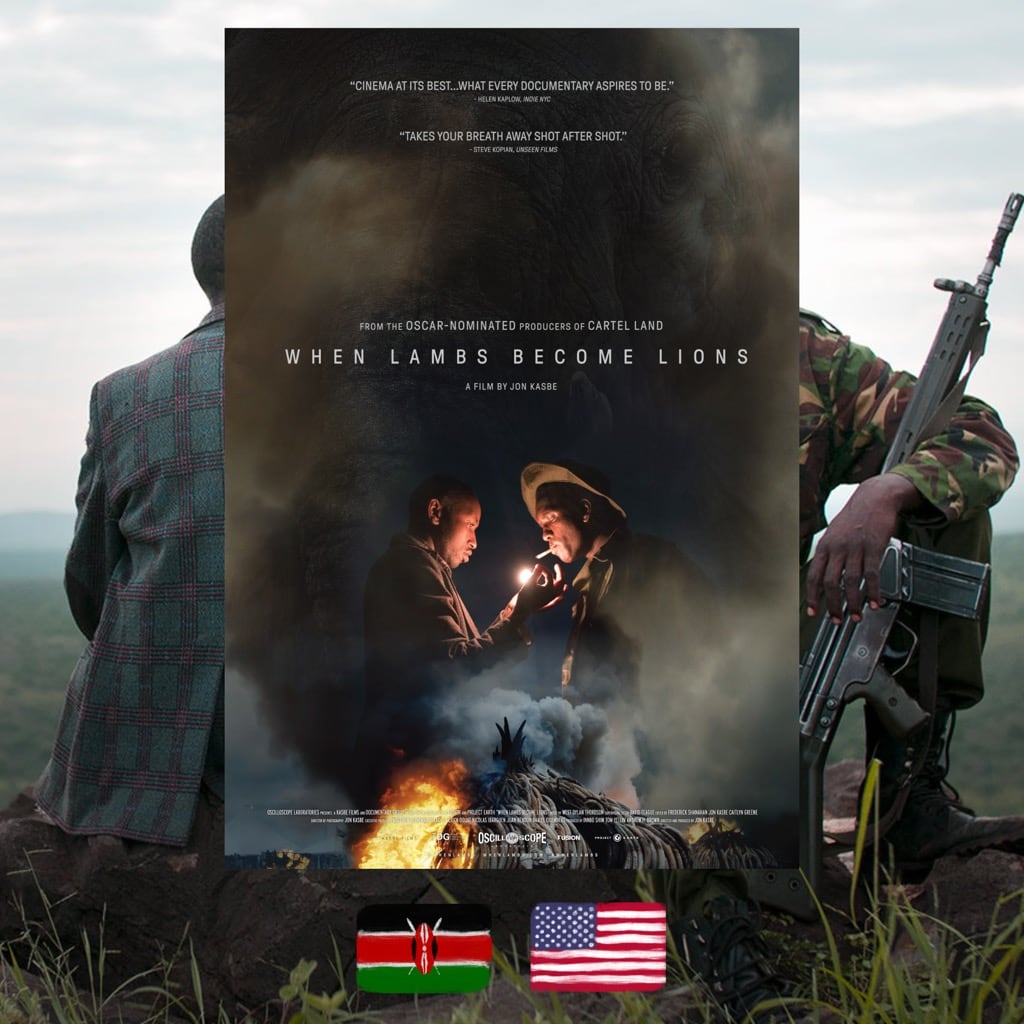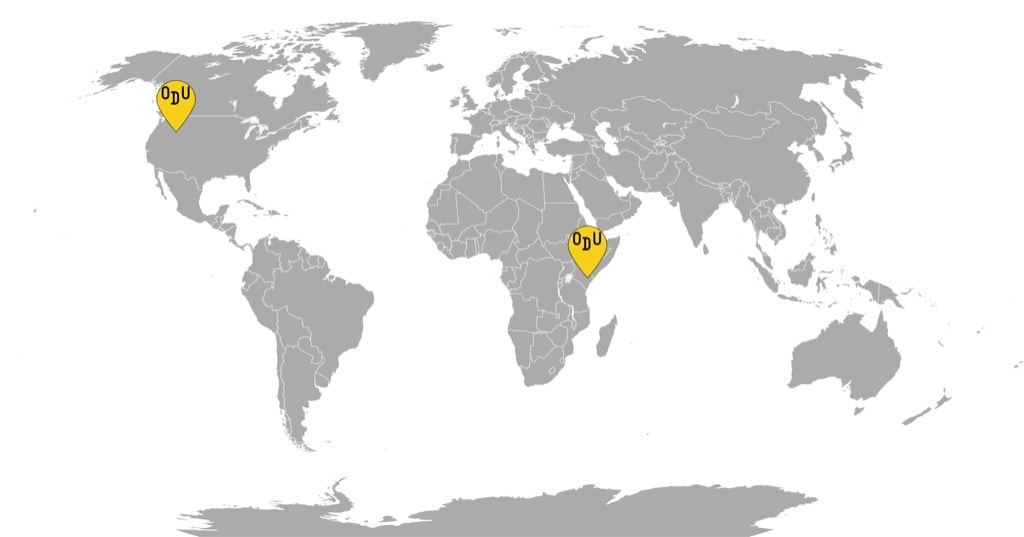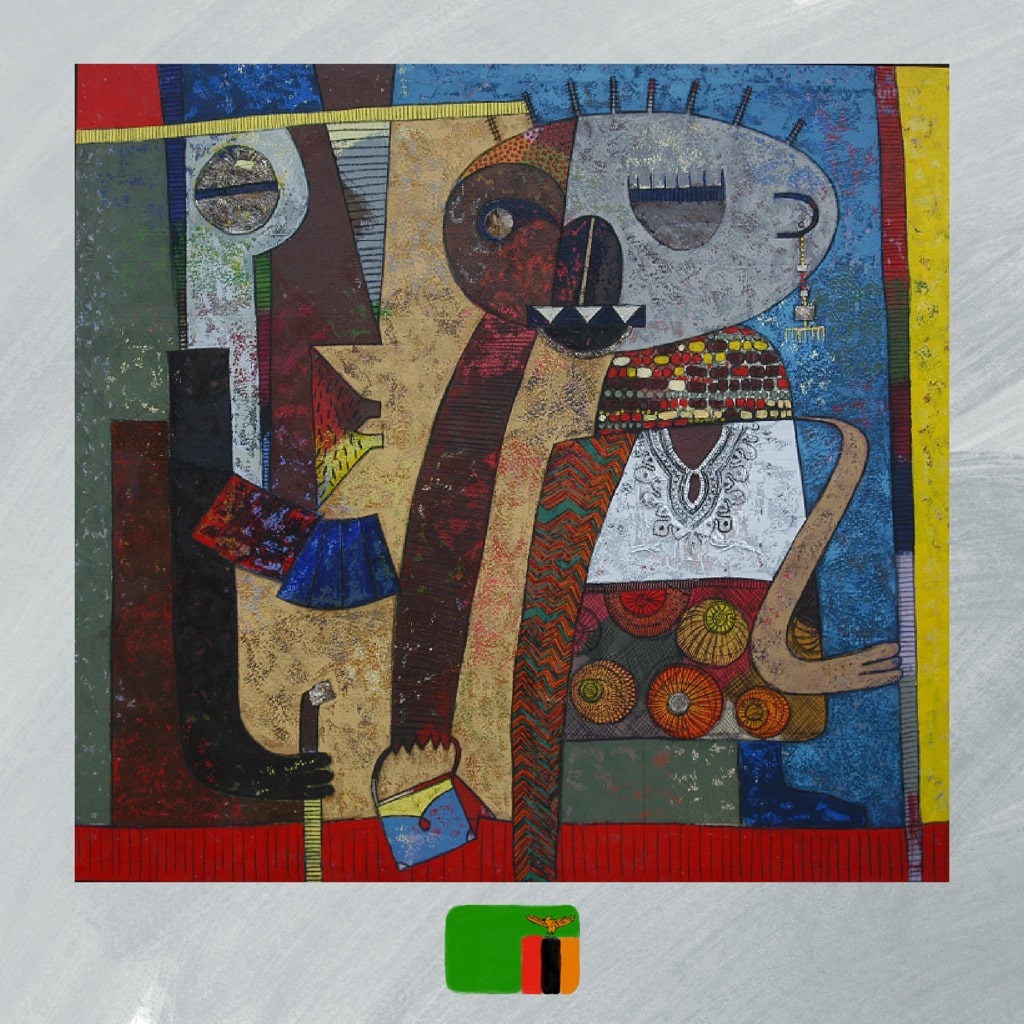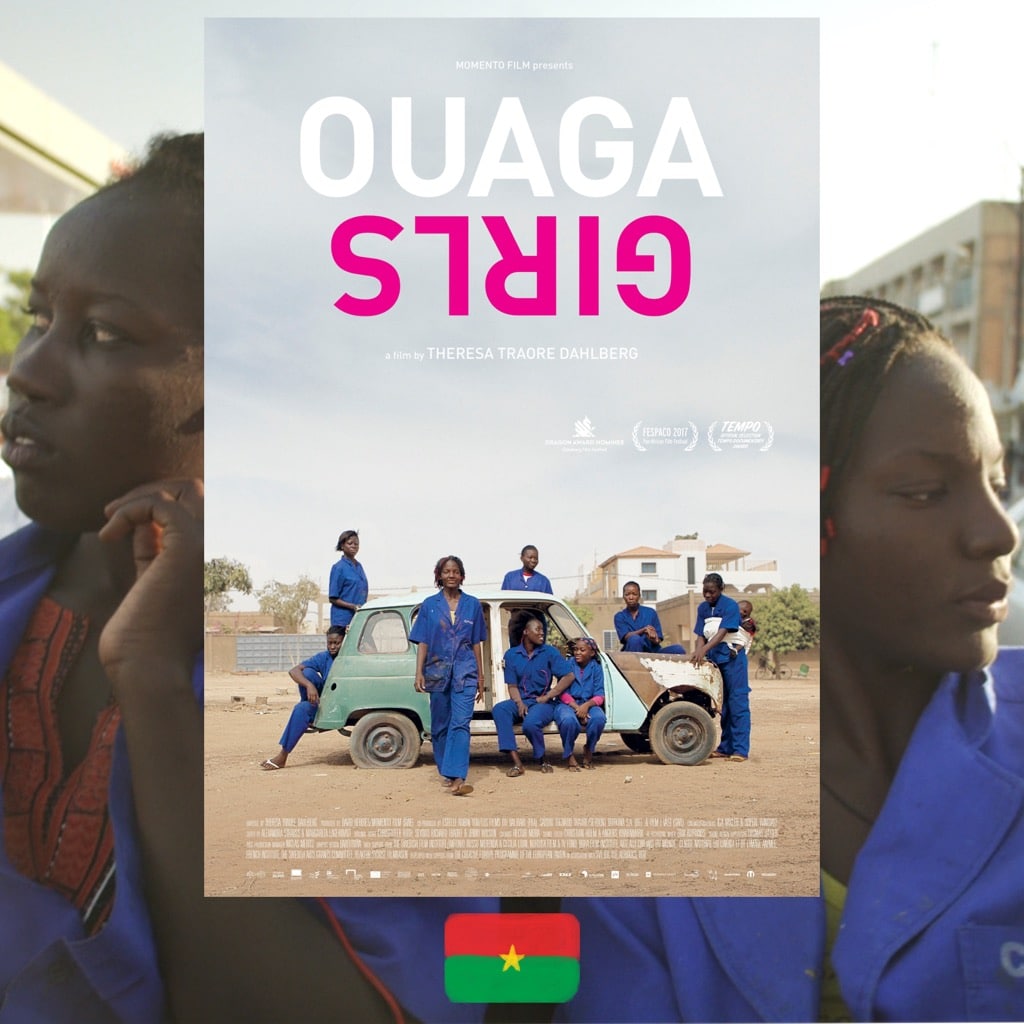Director Jon Kasbe spent four years in Kenya befriending both elephant poachers and the rangers fighting to stop them. Together, they created a human and honest narrative of morality’s murkier areas



FROM KENYA and UNITED STATES
WHAT IT’S ABOUT: In Kenya, elephant hunting has been illegal since 1973, but that hasn’t stopped the demand for ivory. This documentary peers inside the minds and lives of both the poachers and the rangers fighting against them. There’s “X,” the leader of a group of hunters, who lives lavishly by local standards off the profits of his risky ventures. On the other side of this moral divide is Asan, who is coincidentally X’s cousin and a ranger with a deep love for the animals he serves to protect. But the issue is not simply black or white; when the rangers go months without receiving their pay, Asan contemplates turning on his profession and morals to support his family and newborn child. At the same time, while X actively brews poison to kill the endangered elephants, he refuses to be the one who delivers the fatal injection. “When Lambs Become Lions” follows the two men as they coexist within the two disparate sides of the same issue while maintaining a strong bond with each other.
WHO MADE IT: Jon Kasbe lived in Kenya for four years as he cultivated a friendship with the subjects of his film. When he first met poacher “X,” he was stunned to find how open and unashamed X felt about discussing his process and work. As he learned more from X, Kasbe decided he wanted to find a way to represent X’s and Asan’s story from their perspective in the most honest way possible. When Kasbe first began to put the film together, he struggled to find organizations that would support the project without the promise of it aligning with a specific message, but luckily his vision finally found the backing it needed, as well as a slew of producers known for their striking documentary projects. Kasbe’s relationship with the men in the film and their families was the most important aspect of the experience of creating the film. He recalled hours spent babysitting for the families, helping them cook meals, and teaching them to use keyboards to type. Throughout the entire process, he also respected their boundaries so that if anyone decided to leave the project, he’d let them go their own way. Nevertheless, their bond and desire to tell this story always brought them back together.
WHY DO WE CARE: Not only does this film portray a complex narrative of human emotion and moral reasoning surrounding the two vastly different but entangled fields of poaching and conservation, but it also metaphorizes the highly varied texture of the environment that surrounds the protagonists. As X reveals his innermost desire to rise above the prosaic struggle of everyday life no matter what the risk, we see a couple of goats locking horns in their fights to establish dominance. Later, Asan laments the seemingly incalculable idea of raising children on the basically nonexistent pay he receives as a ranger. A group of small, loudly chirping birds flock to a stack of leftover dishes to peck at the scraps of food. As one perches on the edge of the plate, another follows, then another, like a viscerally domestic adaptation of Hitchcock’s “The Birds.” The use of these images in the documentary develops a textual element through which to explore the tensions of moral reasoning. It shows the ways in which the environment the men inhabit seeps into their attitudes and approaches to life. They are more intertwined with the lives of animals than only in the conflict of elephant poaching.
WHY YOU SHOULD WATCH: Midway through the film, Kenyan President Uhuru Kenyatta makes a televised statement denouncing the elephant poachers that continue to encroach on the safety of the endangered species. The newscast shows severed elephant tusks collected in the form of enormous pyres go up in flames to ceremoniously depict Kenyatta and his government’s stance against the illegal ivory trade. As the tusks turn black, then crumble into ash, poacher X watches the powerful stance against his morally ambiguous bread and butter from his home as he awaits updates from his associates on the field with the elephants. As X shares that he wants to make his children proud and to ensure that his family is not merely surviving, but has all the comforts they may desire, the economical hardships of the region are entwined with the expectations Kenyan men face within a highly heteronormative society. Asan feels these same pressures as his wife gives birth to their second child: another mouth to feed on the backed-up park ranger salary. “When Lambs Become Lions” reveals that moral considerations are not the only players in the game of poachers vs. rangers. Capitalistic exploitation, technological advancements, and gender norms weave a tangled web of complicity and veiled interests. Overall, the film suspends the concern of good vs. evil to ask whether this dichotomy is even a helpful way with which to approach the world. At one point in the documentary, Asan mentions that to catch a poacher you have to think like a poacher. But over time, his way of thinking does not seem so far off from that of X. Much like the elephants who inadvertently fall prey to the brutal ivory market, the men in this film also bear the brunt of a system where moral superiority and the absolution of corruption come at the same price. “When Lambs Become Lions” steps forward from simply highlighting the tensions of a morality tale and instead serves as a moralistic exercise. Through an incisive, nuanced portrayal of members of a society centered around endangered species, it confronts viewers with the necessary question: can humans protect wildlife from capitalistic ambition if we continue to fall prey to it?
When Lambs Become Lions, 2018
Director: Jon Kasbe
For more content like this sign up for our weekly newsletter
WATCH THE TRAILER















